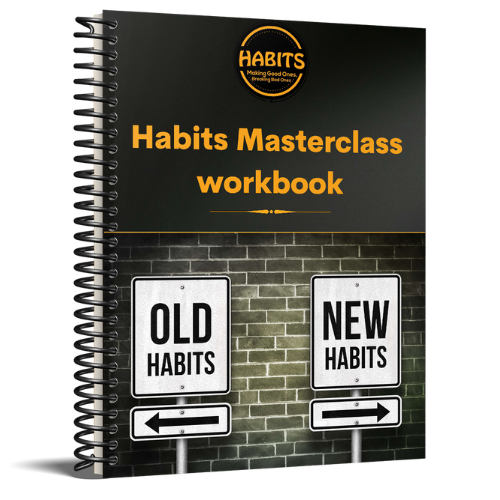What I learned about values from losing my phone in the lake
Over Labor Day weekend, I lost my phone in the lake. It wasn’t quite as stupid as it sounds. 🙂 I took a small boat and paddled 3 of my youngest sons out onto the lake. Just as we got near some cousins of ours that were swimming in water about 6 feet deep, one […]





